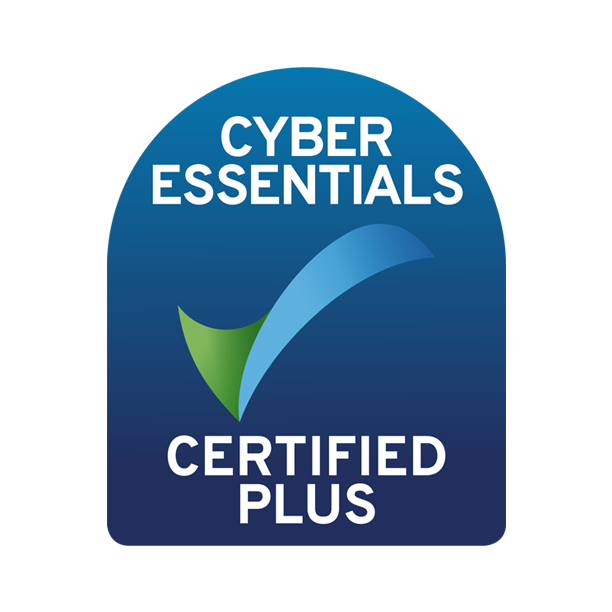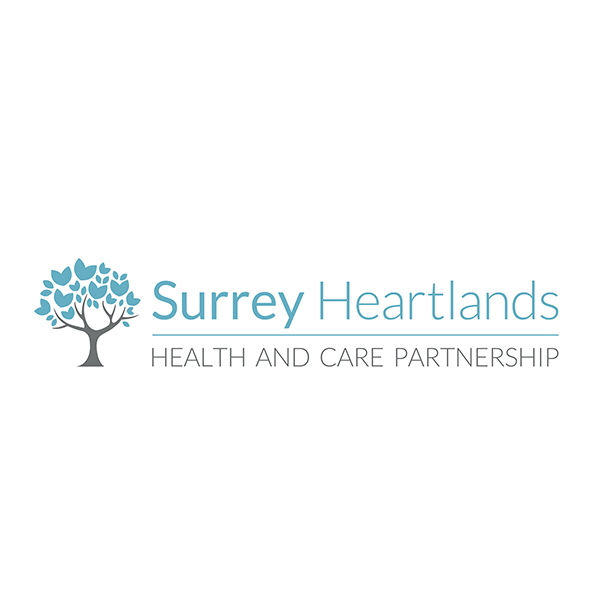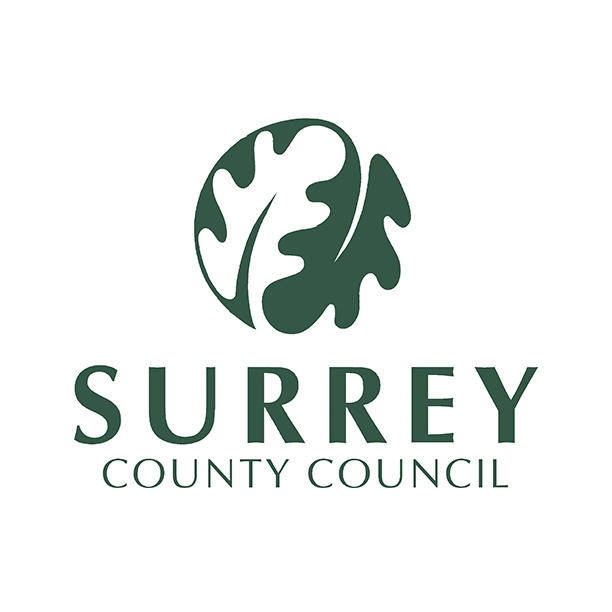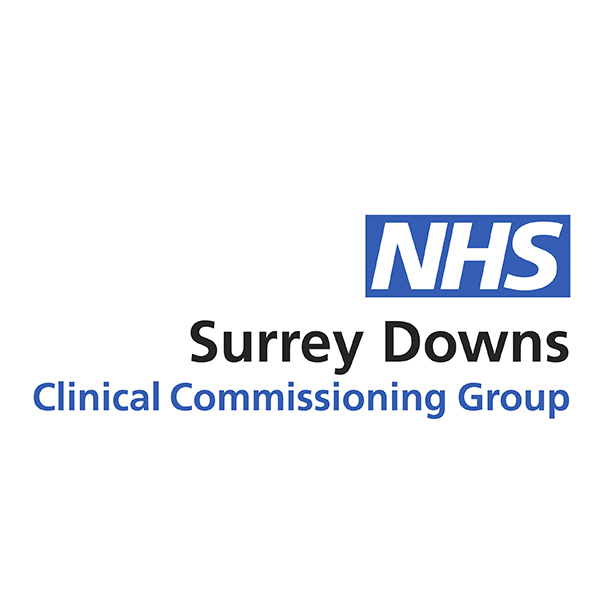-
How Peer Support Helps to Reduce Loneliness

-
This blog was written by Allen for Mental Health Awareness Week (9-15 May 2022) around the theme of “loneliness”. Allen used to facilitate some of our Peer Support Groups in Epsom.
“When I was asked to write a blog for Mental Health Awareness Week, I jumped at the chance. I have been working for the Mary Frances Trust for twenty-six months as a Peer Support Facilitator and it’s a role that has become a vital part of my own recovery journey.
Through this role, I have met some amazing people who face daily battles with mental illness, people who try to put their wellbeing as a priority and endeavour to attend the regular peer support groups I facilitate for MFT. A topic that comes up regularly is loneliness, social isolation and exploring the feelings and behaviours around being alone. I am sure we have all felt alone at some point in our lives, and I know in my own personal recovery loneliness has been a recurring experience. Each time I think I have conquered it, back it comes again. I can be in a room with my children and close family but feel so alone that I want the floor to open up and swallow me whole! Other times, I have hid away in my room from the world, unable to face people, unable to find the words to describe how I am feeling. The total opposite of this is enjoying being alone when I go for a walk up on the common, hoping that I won’t bump into anyone and can just have some time with my thoughts.
I recently completed a fantastic course looking at the core principles of peer support and just how important it can be in helping people to achieve their goals and work to achieve a fulfilling life. Peer support is being helped by someone just like you, who has similar personal lived experience with a mental health diagnosis. We have all experienced difficult times, especially during the pandemic, and many people were left isolated from family, friends and loved ones, and many needed help and support to manage their mental health and wellbeing during lockdown. As a group facilitator, I have seen a huge difference since we came back to a face-to-face group as a number of regulars simply have not come back and still feel very lonely and isolated, and not ready to be in a group, some came back slowly, and others just embraced seeing old friends and catching up. Peer support is so important to me and I use the skills and resources I have learnt in all the groups I am involved with, as I understand that the more I share with our clients how peer support can benefit them, the more they grow as individuals, sharing their coping skills, distraction techniques and lived experience with one another. At our regular Friday Peer Support Group, I have seen how people who feel isolated in most areas of their lives now sitting next to people having conversations and being really active members. Outside of the group, a number of people have met a few times in a local park and it’s like sitting with old friends.
Peer support has shown me that we all need meaningful relationships. By sharing our life experiences we can help others (and may find we also help ourselves) and we may begin to feel less lonely, and become aware that recovery is possible. Peer support can give us the tool and resources to start our journey.
I believe at some stage in our lives we will all experience feeling lonely or being alone, and this may well affect our mental health and emotional wellbeing, our quality of life and in some cases our physical health. For me the power of peer support is in the ability to build relationships and new connections that are of equal value, willingness to give and receive support, sharing knowledge, helping peers to move forward in life, recognising and valuing the expertise gained through a person’s lived experience. The peer support training has given me a new blueprint for how I can become a better peer support facilitator and how I can use the skills and resources to improve my own life and reduce the amount of time I feel lonely.”
Would you like to join one of our peer support groups?
Our groups are free and available to Surrey residents (aged 16+) in need of mental health and/or emotional wellbeing support. No diagnosis is needed and no issues are too big or too small to benefit from our services. All you need to do is register with us as a new client (go to Register with Us) and we will contact you within two working days to set up an initial appointment and discuss how we can help. After that, you can book yourself on any of our free activities, courses and groups. Visit our calendar page to review what’s on!
All activities need to be booked in advance so we can monitor capacity. Once you are registered with us, you can book any activity by contacting our office at info@maryfrancestrust.org.uk, call 01372 375 400 or SMS 07929 024722.
Want to blog for us?
If you’d like to write a blog or create a video blog for us, a poem, a song or a piece of art, you don’t have to be an expert at it, we can coach you through it or you’re welcome to submit your own, whether it was created in private or at one of the activities we run! Just get in touch with Connie, our Communications Lead, at connie@maryfrancestrust.org.uk
Share






